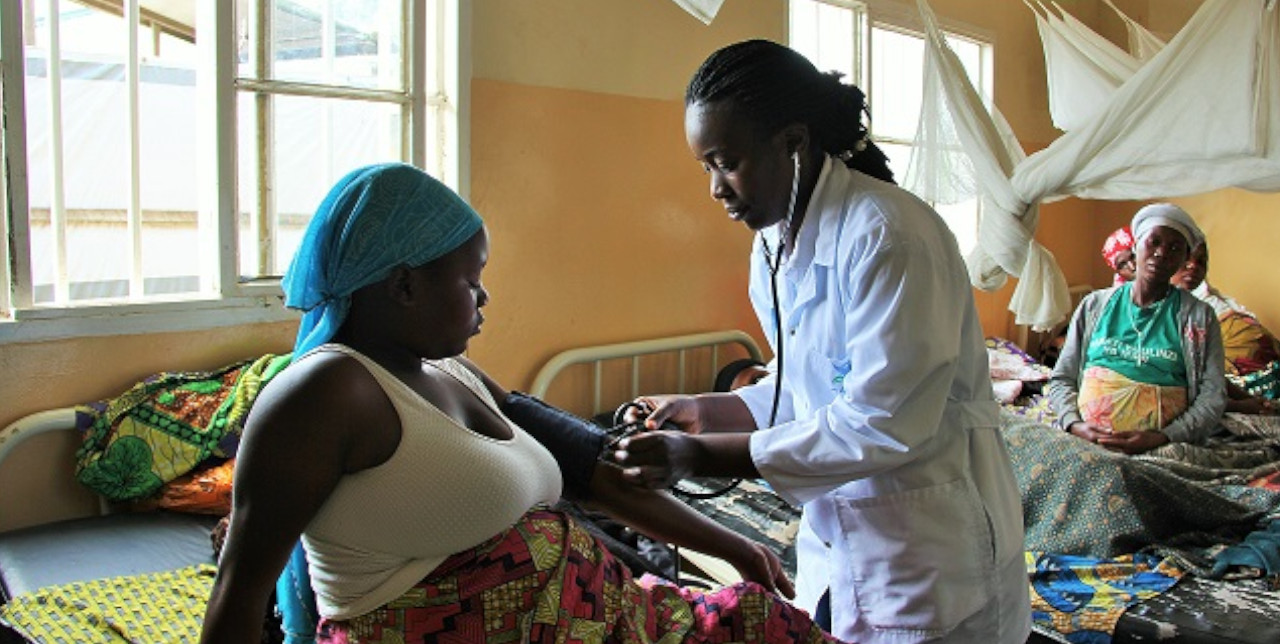16-09-2019 | di COOPI
260.000 malnourished children in Kwango province
In March 2019, 260,000 cases of malnourished children were recorded in the provinces of Kasai, Kwilu and Kwango in the Democratic Republic of Congo.
Between October 2018 and May 2019, 430,000 Congolese returnees from Angola put new pressure on health centres and basic services, already affected by militias attacks. New IDPs and a the lack of nutritious food have therefore exacerbate the food insecurity of the host population in these provinces.
Since April 2019, COOPI has been responding to this emergency together with Unicef by implementing the project "Management and prevention of severe acute malnutrition in 3 ZS (Kenge, Popokabaka, Kitenda) in crisis/nutritional alert, Kwango Province", that aims to take charge of and prevent severe acute malnutrition for 3,994 boys and 3,838 girls between 6 and 59 months, offering them adequate health care.
But COOPI is not focusing on children only. As Claudio Tarchi, COOPI Desk in DRC, points out, "The project also aims to strengthen the technical and organizational capacities of health personnel and community organizations in order to make them autonomous in preventing, managing and treating cases of malnutrition after the end of the project, scheduled for November 2019”.
COOPI will also promote best practices in nutrition among beneficiaries and community organizations, will coordinate and monitor activities in the health areas of Kenge, Popokabaka and Kitenda and will conduct about 4,000 sessions and 3,450 training meetings on child nutrition and good hygiene and health practices.
The many internal conflicts in the Democratic Republic of Congo have deeply affected the stability of the country, bringing it on the verge of a complex humanitarian crisis - the health system is not able to respond to the needs of the population and, COOPI, working in DRC since 1977, continues to assist the most vulnerable communities, carrying out activities of prevention, care and nutritional support for thousands of children and malnourished mothers.




 Dem. Rep. of Congo
Dem. Rep. of Congo